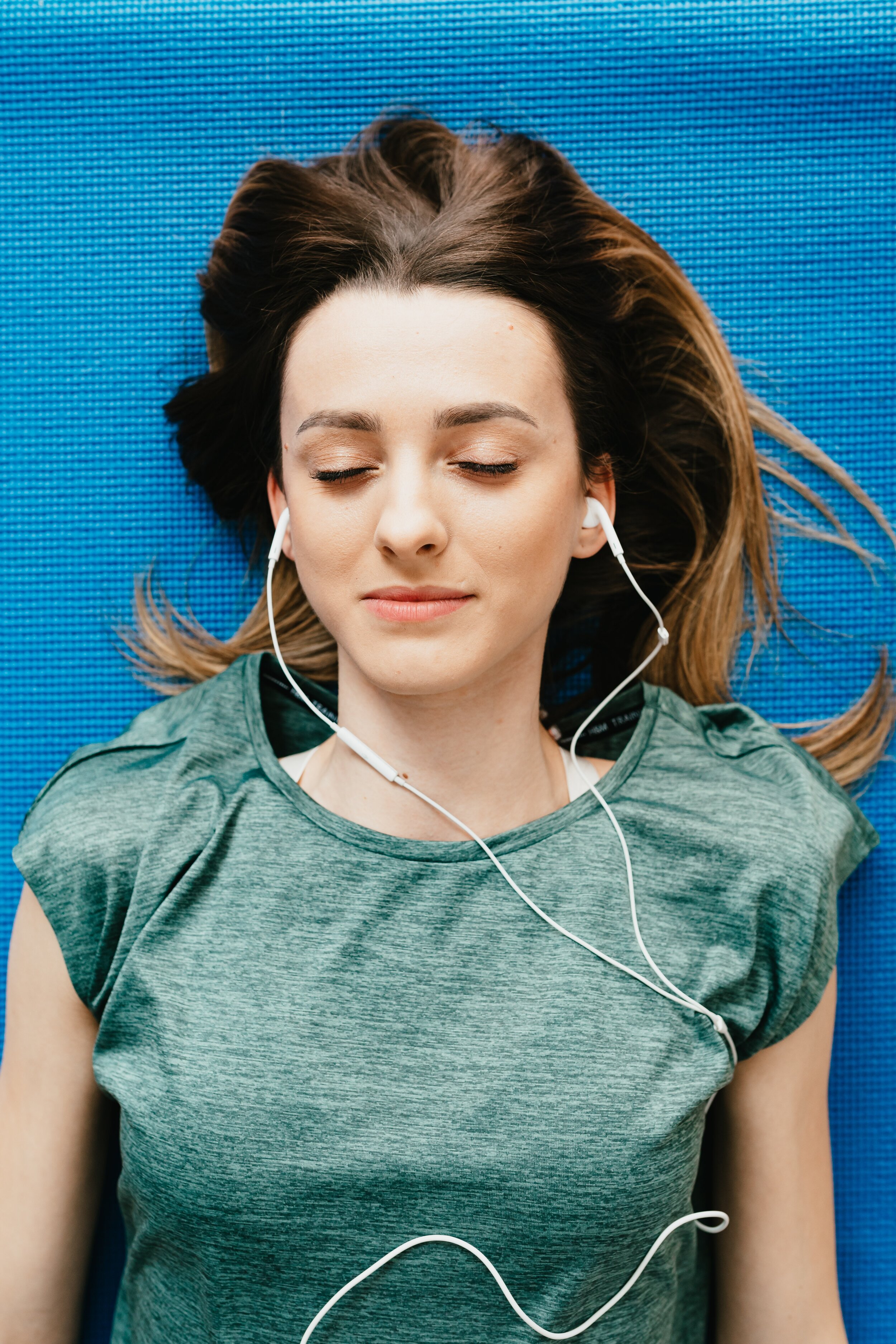Tips for a More Restful Sleep, According to an Acupuncturist
Author: Blake Estape L.Ac.
Insomnia is such a common thing these days that it’s almost surprising when you meet someone who does enjoy a restful sleep. They’re like unicorns, if everyone was jealous and hated unicorns. Alright, I may be exaggerating a little but studies show that 30% to 40% of adults report experiencing insomnia. We can assume those numbers are probably larger, since many people just learn to live with it.
The reasons for insomnia are numerous and treating it requires getting to the root of the issue. A previous article I wrote goes into some of them. If you suffer from restless sleep seek out a practitioner who can help diagnose your condition and provide specific treatment. In the meantime, this article is intended to help ease symptoms and, with any luck, remove enough barriers to sleep that you can get your ticket to dreamland.
The basics:
In TCM everything is a function of yin and yang. When we’re awake, active and engaged that’s yang; when we’re at rest, at ease and asleep that’s yin. To boil it down to the very essence we need ‘to bring yang below yin’ – that is, shift the body from active mode to restorative mode.
Pretty obvious so far, but keeping that essential premise in mind helps to inform our actions as we prepare for sleep. It can also apply to our environment, our meals and our thinking. I’ll give some examples of do’s and don’ts, but you should be consistently asking yourself ‘is this (activity/meal/thought process) amping me up or cooling me down?’
The Do’s:
1. Give yourself a buffer.
There are a million things to do all the time and never enough time to do them in. Meal prep, laundry, cleaning, last-minute work stuff – it doesn’t end. By the time you’re finished for the day you may be exhausted, but your mind is racing and you can’t seem to settle down. For many people it’s hard to go from full speed to full stop, so adjustments will be needed to ease yourself to sleep. Whether it means putting things off until later or doing them earlier, prioritize the run-up to sleep as much as you prioritize sleep itself. I tell my patients to budget at least an hour before you even lie in bed as prep time.
2. Practice your style of mindfulness.
Benefits from mindfulness practice are so dramatic that people have been screaming it from the rooftops. For the purposes of insomnia, mindfulness does wonders for calming the mind, reducing stress and switching the body over to ‘rest and relax’ response. Unfortunately, one of the barriers to starting practice is an assumption about what mindfulness is. Some people would rather pull their hair out than sit quietly for half an hour. In reality it can be whatever helps you be in the moment. It could be dancing, cooking, or gardening. Remember that we want ‘yang below yin’, so find something that isn’t too stimulating which also helps your mind quiet down.
3. Redecorate.
There’s two ways to look at this one. Energetically, having a bedroom full of high-energy, yang-type things interrupts the yin nature of sleep. Psychologically, the act of making changes to your sleeping space focuses your thinking to prioritize rest and informs physiological changes like increased melatonin production. If your room is painted in bright colors, consider something more muted. If there are a lot of electronics move them somewhere else or cover any blinking lights. Remove any plants, which are yang in nature. Change the position of your bed. Cultivate an area of yin to facilitate the purpose of your bedroom – sleep.
The Don’ts:
1. Don’t abuse your stomach.
Heavy foods like cheeses, oily meats and pastas make the GI tract work overtime and can take away from the ease and comfort we need for sleep. Spicy foods ramp up heart rate and may cause gastric discomfort or heartburn. Caffeine from coffee, chocolate or teas is obviously a no-no. There are certain teas which are helpful, though. Chamomile is excellent to help calm the nerves. As for supplements, both melatonin and magnesium are options. For some, melatonin causes grogginess or nightmares so if that’s you switch to magnesium.
2. Don’t Ignore Routine
If you’re forcing yourself to stay up late one day only to try desperately and sleep earlier the next, you’re only succeeding in confusing your body’s circadian rhythm. According to the meridian clock of TCM, the best time to go to sleep is between 9 and 11pm. This is when yin is on the rise. However, the ideal time for rest may be different for different people, depending on their condition. Evaluation by an acupuncturist can help determine what works best for you. At any rate, the key is consistency. How can you expect your body to know when you sleep when you don’t know yourself?
3. Don’t Make the Bed Your Activity Center
Avoid using your bed for any yang activities like watching TV, playing games, or doing work. As the focus of your bedroom is should serve just that purpose. In a similar vein as redecorating, set up your nest so that you and your body know when you lay down, it’s for a little shut-eye.
Long-term, chronic insomnia is usually due to a number of causes that won’t go away overnight (get it?). Consistent, systemic change to your habits and environment might be enough to help settle you down, but more likely it will take time and effort. Stay the course and seek help from professionals that can help you hone the tools needed to get you back to bed. If you’d like to know how acupuncture can help please schedule a free consultation to learn more, or call (786) 514-3942.

